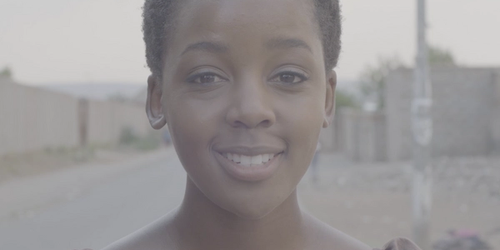29 Jul 2022
As the HIV global community gathers at AIDS 2022, there is much to take in and reflect upon. First held in 1985, the conference continues to provide a unique forum for science, advocacy and human rights all striving to ensure we have an evidence-based response to the epidemic. To borrow from the lyrics of Fat Boy Slim, “We've come a long, long way together. Through the hard times and the good”. Never has this felt truer as the world continues to try and come through the other side of the COVID-19 pandemic – some more quickly than others due to the health and social inequalities that persist. And being fully aware of the detrimental impact the pandemic has had on HIV with significant declines in HIV testing and prevention services. This includes what the Global Fund to Fight AIDS, TB and Malaria has highlighted, a in young people reached with HIV prevention services.
But there has been good news and much change to celebrate. Not least the huge increase in choices for those both living with, and at risk, of HIV. Treatment choices have evolved from gruelling regimens to manageable one or two pills once a day. More than 25 drugs have been developed over the 30 years of providing better treatment choices. And with the introduction of PrEP (including ViiV’s announcement this week of the scaling up of accessibility of injectable PrEP) and self-testing we have seen more and more choices to protect ourselves and prevent HIV transmission.
We have also seen huge changes in those most at risk since HIV was first detected in the early 1980s. Two out of every seven globally in 2019 were among young people aged 15–24 years. And new infections are occurring disproportionately among young women and girls, with a new infection in this population in 2021. COVID -19 disrupted HIV treatment and prevention services at a time when millions of girls were out of school, along with spikes in teenage pregnancies and gender-based violence. It is these groups, especially in Sub Saharan Africa, that too often lack accurate, relevant and relatable information about choices they are faced with making daily.
As a non-profit established more than 20 years ago, the MTV Staying Alive Foundation took a sex edu-tainment model to behaviour change with the aim of transforming essential health messages into engaging and entertaining content to help young people make positive decisions about their relationships, their rights, and their lives.Over time our “philosophy” – dare I say – has seen a shift from talking about behaviour change to it being about behavioural choices. Giving young people the information – where they consume it and in a way that resonates – to equip them to make choices for themselves. Choices that can and are changing young people’s lives as including by the London School of Tropical Hygiene and Medicine have validated.
Supporting young people in all their diversity to take control of their lives and the choices they make - not only relating to HIV, but their sexual health, LGBTQ+ rights and mental health – requires reaching young people where they are consuming information, with content they can relate to. Before the term “authentic” became everyday parlance, our approach has always been to tell stories based on the truth of young people’s experience which we use to steer the creation of storylines and content because we know this has genuine cut through. Normalising important, difficult health topics and conversations that promote, encourage and facilitate open discussion for young people via entertaining, immersive and challenging content continues to be at the core of our positive storytelling to improve choices, and lives.
Our ambition to scale up and adapt our 360 is, I believe, needed now more than ever. Yes, we’ve come a long, long way together. But there’s so much more we can do – together – to empower young people to make choices that will change their lives. #AIDS2022 #HIV
Author: Georgia Arnold
